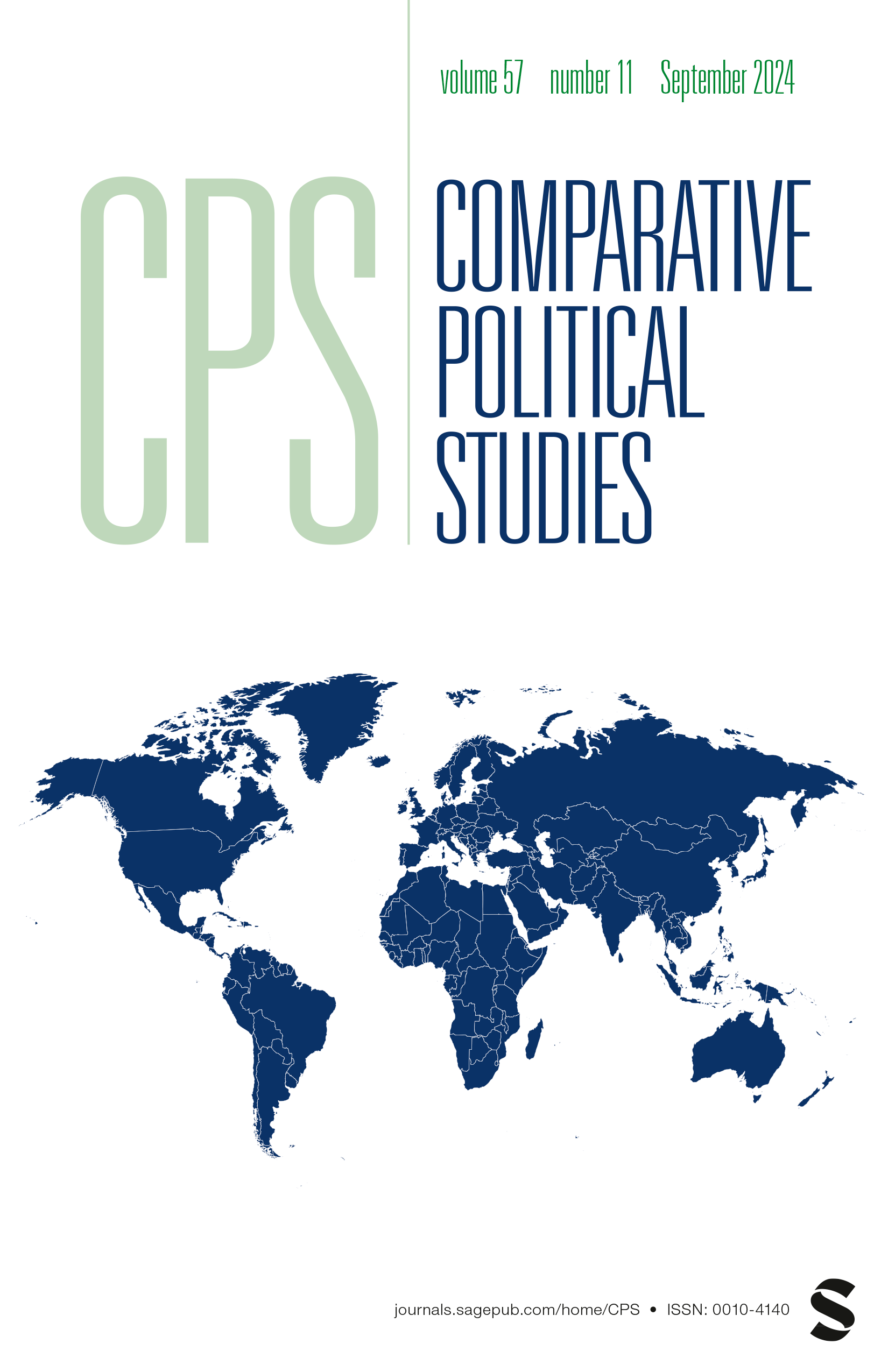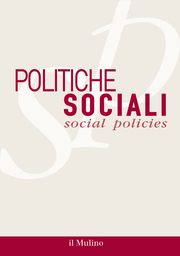This paper has two purposes. The first is theoretical: to revise use of the concept of moral economy in migration studies, and the related concept of deservingness. I will identify different versions and meanings, showing their significant contribution to the understanding of migration issues, but discussing their lack of consideration of a particular aspect: the conflict between competing moral economies. The second and related purpose will be to apply the concept of moral economy to an analysis of the public debate on the recent measure, related to the COVID-19 pandemic, enacted to regularise unauthorised immigrants in Italy (May–August 2020). The measure, almost unique in Europe and in the Global North, has involved only workers, and workers employed in two sectors: agriculture and domestic/care services. This decision can be seen as a choice in terms of moral economy: some sectors and some immigrant workers have deserved more consideration than other workers. The empirical material is constituted by declarations and statements by social and political actors who took part in the debate, using moral-economic arguments to support their position. I will review this debate through the lens of competing moral economies and different notions of deservingness. In the conclusion I argue that in migration policies, relevant moral and political values are involved: human rights and national sovereignty, the right to mobility and citizens’ rights, the right of asylum and social cohesion. I wish for a more subtle use of the concept of moral economy to feed a better discussion of these crucial topics.
Migration, Diversity and Development Policies
Homeless or refugee? Civil Society Actors and the…
This article identifies two main types of practices that can be used by CSAs to…




